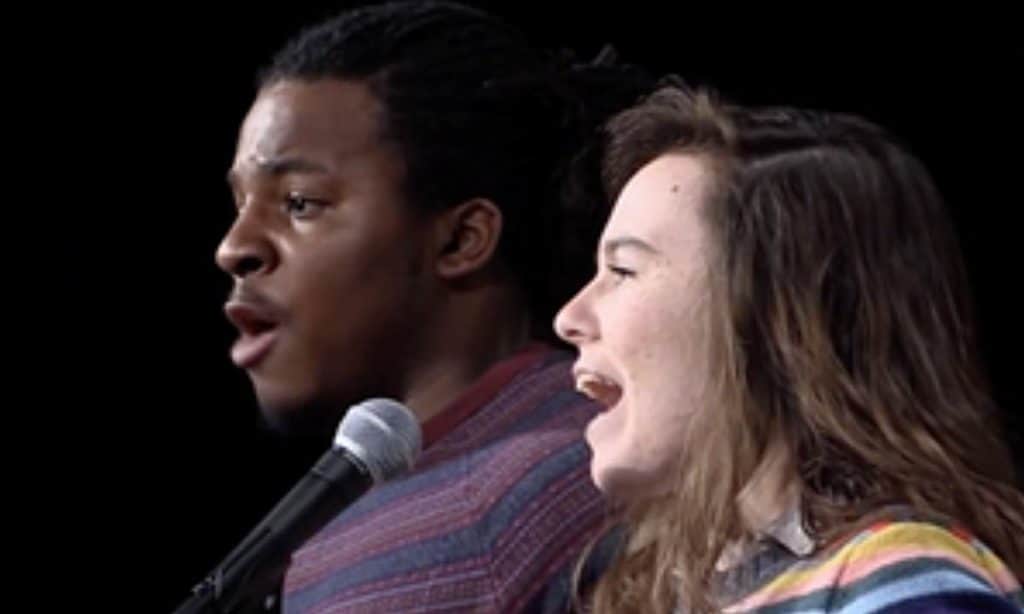
Who do we echo?
You may have seen this really powerful video doing the rounds at the moment, if not I recommend you have a look, it’s only 3 minutes long. Darius Simpson and Scout Bostley, “Lost Voices”. https://youtu.be/lpPASWlnZIA
The messages really resonated with me, but importantly it brought into relief some thinking I have been doing on the reality of how we amplify or deny other voices, and the impact this has on how power manifests itself.
I am working with a few teams just now and have started to much more deliberately seek this behaviour out. Every single interaction both reinforces established ways of working and continues to lay the path for how we operate in future. It is stark who’s voice gets recognised – the questions that get answered, the repetition or build different points get, the verbal and nonverbal acknowledgement, agreement or even dissent that is offered. Contrast that to those voices who don’t get acknowledged, don’t get answered, don’t get reinforced. It becomes a really effective and hidden process of reinforcing existing power patterns.
Amplifying different voices around a room makes a huge difference to how people behave. Those whose voices who are normally ignored, belittled, undermined, unheard, suddenly start to become more present, more visible and with more impact – just because they are acknowledged and echoed. The video I’ve shared does that in a compelling way, an interesting tool to try at work maybe.
Of course, many of you reading this will know this stuff, I am sure you practice it every day and are always conscious of how your behaviour impacts those around you. What surprised me is that working with some teams who are engaged, awake to the world around them and operate with very positive intent in addressing power and inclusion, was that they weren’t really aware that this was happening in their own rooms. Deconstructing a meeting, talking about the micro-behaviours, the patterns and power was new to them, they hadn’t spent time doing it – who has the time? When we talked about it, they hadn’t seen it, been aware, been conscious. They believed their natural and instinctive behaviour would be inclusive enough because they really want to be inclusive, they want to think differently about power.
If you want to make a difference, you need to do this work really consciously, you need to be really deliberate about how you behave, the purpose and impact of every intervention you make. You need to do the work. It gets to be much more natural, but like any new skill you need to lay the groundwork, lay the pathway for a different set of behaviours until they become your new normal, your new habit. Be aware of whose voice you echo, amplify and reinforce. Because the path that is already well trodden softens the voices we need to hear the most.